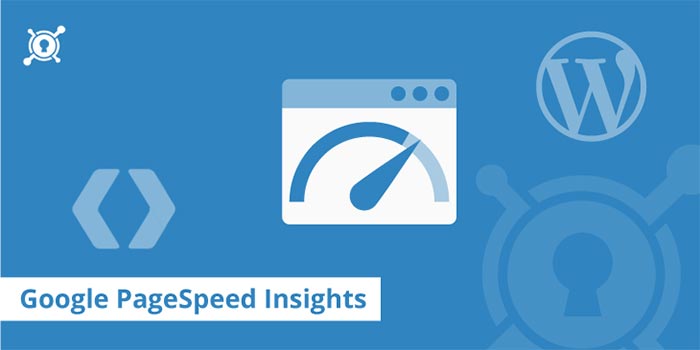Display Table of Contents
ToggleLet’s begin by taking a look at some key statistics about internet users. According to recent research, a whopping 40 per cent of people will abandon a website that takes more than three seconds to load, whilst 47 per cent of consumers expect a web page to load in two seconds or less. Delving a little deeper, a mere one second delay decreases customer satisfaction levels by about 16 per cent. Pretty shocking, right?
Whichever way you look at it, nobody likes a slow website. Not only does it provide your visitors with a deeply frustrating experience, it’s also harming the success of your business as a whole. To put it simply, if you don’t capture people’s attention in the first few seconds of them landing on your website then you’ve probably lost them forever.
Check the speed of your website
Not sure how quickly your site loads? It’s well worth checking out Google’s handy PageSpeed tool. Simply enter in the URL of your website and it will instantly analyse the speed of your site, whilst providing useful suggestions on things you could do to make it load faster.
Five ways to speed up your WordPress site
Improving the speed of your website doesn’t have to be especially difficult, so let’s delve into some of the best ways to do it:
Compress images
One of the easiest ways to instantly boost the loading time of your website is to compress the images into smaller file sizes. Even with modern broadband speeds, lots of large images on a page can make it extremely slow to load, so this is a task that’s well worth doing.
To reduce the file size of an image, consider using a tool like WordPress Smush or Tiny PNG. Alternatively, you can do much the same thing by adjusting the settings when saving your image in Photoshop.

Switch to a lightweight theme/framework
Some WordPress themes are extremely slow because they contain lots of bloated features and bundled add-ons. Whilst these might look impressive and help to ‘sell’ the theme to you, the reality is that you’ll probably use very few of these features – and they’ll slow your site to a crawl.
A much better idea is to choose (or switch to) a lightweight theme/framework, and then add-on the features you need as you go. Genesis and Thesis are two examples of frameworks that have a good reputation for speed.
Install a caching plugin
A really easy way to speed up your WordPress site is to install a caching plugin like W3 Total Cache. This works by storing certain elements of your site so that they don’t need to be loaded again and again each time someone makes a visit. Installing a caching plugin helps to increase server performance and reduce download times.

Optimise your WordPress database
One of the drawbacks of the way WordPress works is that your database can quickly become filled with tons of post revisions, unapproved comments, trackbacks and deleted items.
Optimising your WordPress database essentially frees up space and keeps things running smoothly, which in turn can help to speed up your site. Whilst you can optimise your database tables manually, an easier way for most people is to use the popular WP-Optimize plugin.
Consider deleting certain plugins
Whilst some plugins can actually help to speed up your site, other plugins can serve to significantly slow it down.
You can use a useful tool called P3 Plugin Performance Profiler to quickly see the impact your installed plugins are having on the performance of your website. If you identify a particular plugin that seems to be having an overly negative effect on page loading speeds, you could consider deleting it and replacing it with a more efficient one.
Conclusion
It’s well worth spending some time working on improving the speed of your website. A fast website will encourage people to stay – and it’ll make them much more likely to keep coming back again and again.
If your looking for someone to help with your WordPress website, feel free to check out our WordPress Services and get in touch.
